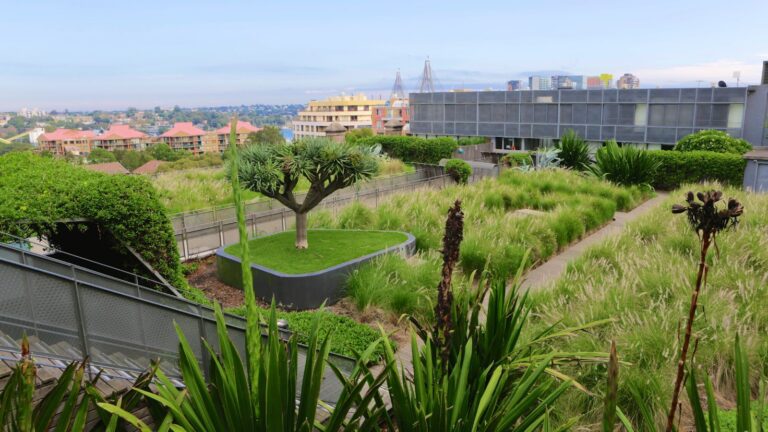Four steps to finance nature-based solutions in cities
As cities face extreme weather events and growing inequality, nature-based solutions (NbS) can boost biodiversity, manage risks, and improve urban life. But financing remains the biggest hurdle. Turning ideas into action means rethinking how we plan, value, and invest in nature.












